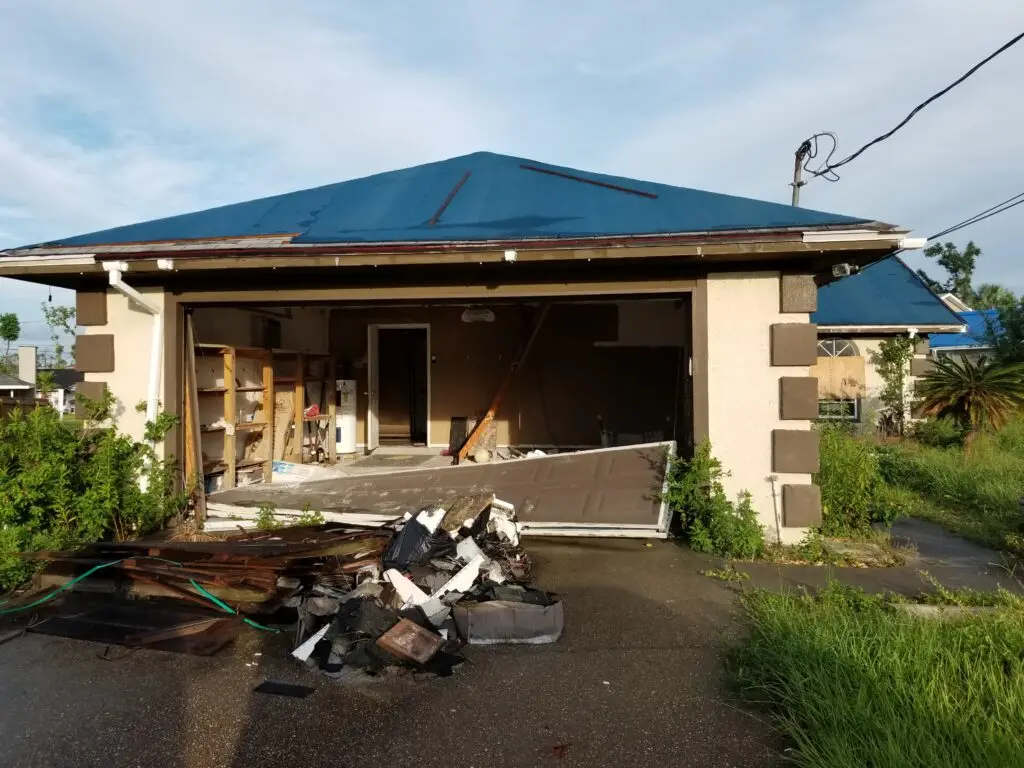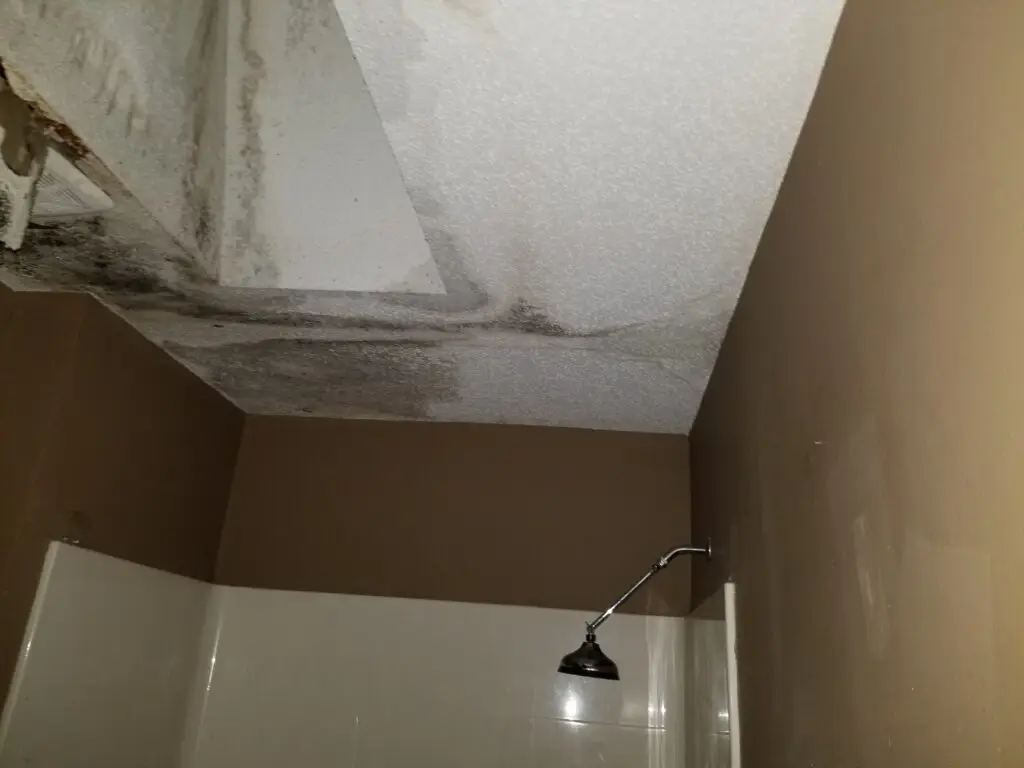Hurricane Insurance Claims | Expert Help for Florida, Texas & the Southeast
Hurricane Insurance Claims Are Tough — We Make Them Easier
Hurricane season doesn’t just bring wind and rain—it brings property damage, insurance disputes, and a mountain of paperwork. If you’re filing a hurricane insurance claim in Florida, Texas, Georgia, North Carolina, or South Carolina, you’re not alone. Thousands face this challenge every year.
Unfortunately, insurance companies often delay, deny, or underpay. Even if your policy covers hurricane damage, deductibles, exclusions, and red tape can leave you paying out-of-pocket. That’s why hiring Panther Public Adjusting can make all the difference.
We hired Panther Public Adjusters to handle our claim after hurricane IAN. Even though UPC went into insolvency and the state took over the claim, we ended up getting the settlement we wanted. Jonathan worked tirelessly in doing so. 5 stars+ for Mendy and his staff!
— Kevin Lockwood
What Is a Hurricane Insurance Claim?
A hurricane insurance claim is a formal request to your insurer to pay for damages caused by a hurricane—this includes:
Roof damage or missing shingles
Water intrusion
Wind-blown debris damage
Loss of power systems, HVAC, or appliances
Mold growth caused by moisture
💡 Note: Flood damage is not covered by standard homeowners insurance. You’ll need a separate flood policy for water rising from the ground. This distinction often leads to confusion and denied claims.
Learn more about common pitfalls by reading how Citizens Insurance handles claim denials.
Common Hurricane Damages We Help Document
Roof & Shingle Damage – Torn shingles, structural leaks
Water Intrusion – Rain seeping into walls, ceilings, and floors
Structural Impact – Fallen trees, cracked foundations, broken windows
Electrical Issues – Damage to HVAC, lighting, and circuits
Mold Growth – Especially in humid regions like Florida and the Carolinas

Why Hurricane Insurance Claims Get Denied or Underpaid
Even legitimate claims are frequently rejected or minimized. Here’s why:
Paperwork Problems – Missing photos, reports, or receipts
Flood vs. Wind Disputes – Insurers may blame flooding to avoid paying
Missed Deadlines – Late filings can void coverage
Lowball Estimates – Carriers claim repairs are cheaper than reality
🛡️ Panther Public Adjusting protects your claim by handling documentation, deadlines, and negotiations—so you don’t have to.
How Panther Public Adjusting Helps with Hurricane Insurance Claims
We’ve worked thousands of hurricane claims. Here’s how we help:
Inspect the Damage – We uncover both obvious and hidden losses
Document Everything – Photos, videos, reports, receipts
Interpret Your Policy – We identify what coverage applies
Handle the Carrier – We push back on low offers and delays
Maximize Your Payout – We fight for every dollar you’re owed
Check out this family’s story of rebuilding after their home was destroyed.
Local Knowledge in Every State We Serve

Florida:
We navigate complex deductibles and timeframes. Our team moves quickly to document mold, roof, and structural damage.
Texas:
We help homeowners and business owners with private insurers and state-run plans like TWIA (Texas Windstorm Insurance Association).
Georgia, North Carolina, South Carolina:
We know the state-specific laws and how to respond when insurers drag their feet.
Real Hurricane Claim Success Stories
🏠 Parrish, FL
The homeowner called us right after Hurricane Milton. While they had a notoriously difficult insurance carrier, we resolved the claim in record time for over $140,000
🏢 Cape Coral, FL
After Hurricane Ian, an insurer offered $19,000 for a roof and interior repairs. Panther stepped in and settled for $91,000—nearly 5x more.
🛏️ Beaumont, TX
Our client was denied for “flood exclusion.” We proved wind-driven water was the true cause and recovered $58,000.

5 Quick Tips for Filing a Hurricane Insurance Claim
Report Immediately – Once you determine there is enough damage, don’t delay filing
Photograph Everything – Before cleanup or repairs
Save All Receipts – Hotels, meals, tarps, generators
Don’t Start Repairs – Until after an inspection
Hire a Public Adjuster – You need an expert on your side
State-Specific Hurricane Claim Rules at a Glance
State | Deadline Notes & Claim Tips |
|---|---|
| Florida |
Insurers must respond in 14 days, decide in 60. But delays are common—especially after major storms. |
Texas
| Check if your policy is with TWIA. Windstorm-only policies have unique procedures. |
| Georgia & Carolinas | Filing timeframes vary. We stay on top of each state’s insurance code so you don’t have to. |
Start Your Hurricane Insurance Claim Review Now
Filing a hurricane insurance claim can be exhausting—unless you have a seasoned public adjuster fighting for you. Let Panther PA protect your payout and make sure your recovery is fair and complete.
📧 Email: Claims@PantherPA.com
📞 Call: 833-726-8437
📝 Schedule Your Free Claim Review »
Explore More Hurricane Recovery Resources:
FAQs About Hurricane Claims
How long do I have to file an insurance claim after a hurricane?
The timeframe varies by state and insurance provider, but generally, you should file your claim as soon as possible—ideally within a few days of the storm. In Florida, for example, there’s a statute of limitations that gives you up to one year from the date of the hurricane to file a claim, but it’s always better to act quickly to avoid disputes or missed deadlines.
How do I file an insurance claim after a hurricane?
To file a hurricane insurance claim, follow these steps:
Document the damage immediately with photos and videos.
Prevent further damage by making temporary repairs if safe to do so.
Review your policy to understand your coverage.
Contact your insurance company and provide the necessary details.
Request a claims adjuster visit for official assessment.
Keep a log of all communications and expenses.
Working with a public adjuster like Panther can significantly improve your chances of a fair settlement.
Can an insurance company drop you after a hurricane claim?
Unfortunately, some insurance companies may not want to renew a policy after a hurricane claim, especially if the region is deemed high-risk. However, this varies significantly by state. For instance, in Florida, state law prohibits insurers from dropping homeowners solely for filing a claim caused by an “act of God,” such as a hurricane. Each case is unique, and non-renewal must still comply with state-specific regulations. If you’ve received a notice, consult with a public adjuster or insurance attorney to understand your rights and protections.
When should I file a hurricane claim with insurance?
File your hurricane claim as soon as it’s safe after the storm passes. Delaying the process can complicate your claim or result in missed deadlines. Immediate action helps preserve evidence and demonstrates good faith on your part. The sooner you file, the sooner your recovery process can begin.
What should I do if my hurricane claim is denied?
If your claim is denied, don’t panic. Review the denial letter carefully and compare it with your policy. Often, denials are due to technicalities, incomplete documentation, or misinterpretation of the damage. A public adjuster can help reassess your claim, gather additional evidence, and dispute the insurer’s decision if necessary.
What types of damage are typically covered by hurricane insurance?
Most hurricane insurance policies cover wind damage, roof damage, broken windows, water intrusion from rain entering through storm-created openings, and more. However, flooding from storm surge is usually excluded and requires separate flood insurance. Check your policy details or consult a professional to confirm your coverage.
Can I reopen a hurricane insurance claim?
Yes, in many cases you can reopen a claim if new damage is discovered or if you believe you were underpaid. Most states allow supplemental claims, but there are deadlines—often 12 to 24 months post-storm. Documentation is crucial, and a public adjuster can assist with the process.
